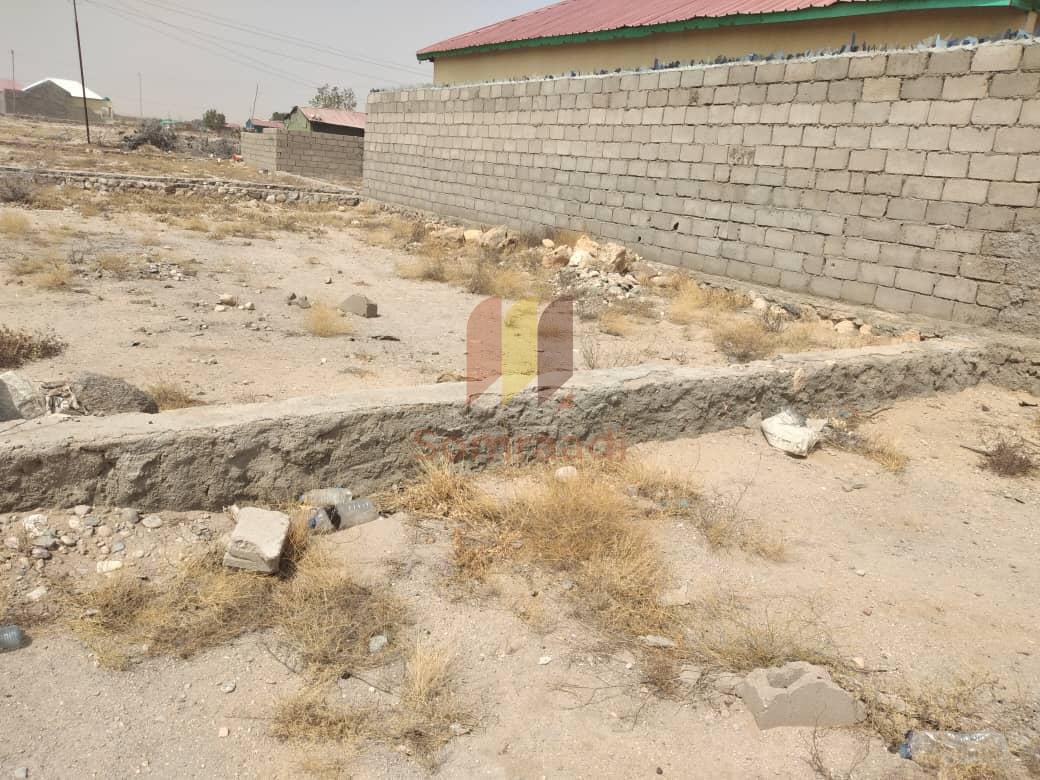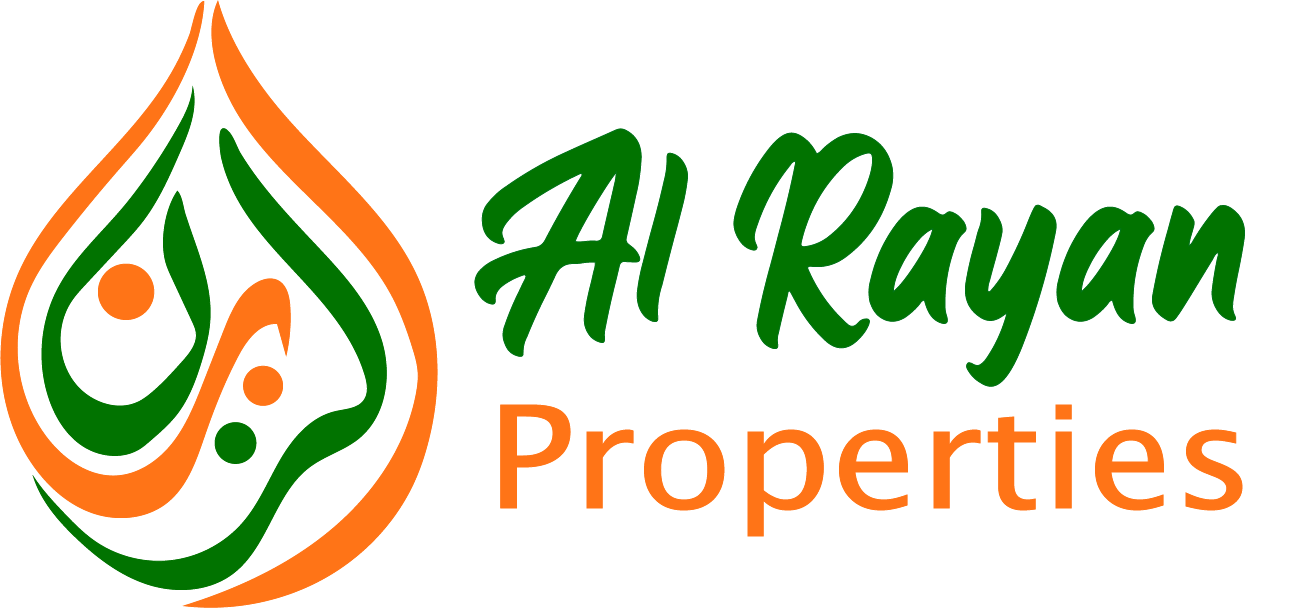Blog
Blog

By Ahmed Ali
•
29 Jan, 2021
Land Tenure in Somaliland According to Somaliland's constitution, every citizen has the right to own land and is thus protected from unjustified expropriation. The processes of owning land in urban areas and in the rural areas differ both in terms of applicable processes and the legal regime employed. Despite improvements in transfer of ownership, it is still a risky process as it is not always easy to establish if there were any prior claim to a property as property registries are not necessarily updated when new transfers are recorded. Efforts have been made to implement formal land tenure system with a measure of success. One such effort was the one led by John Drysdale who spearheaded the surveying of 10,800 rain-fed and irrigated farms and the owners issued with titles. It is however important to note that such processes are far apart and far from effecting a national transformation on land tenure system. The reliance on xeer system whilst functional is testament of the weak formal institutions. Legal Framework Somaliland has three formal sources of law - Xeer, Shariah, and Secular Law. The main law governing land in towns and other urban areas is the Urban Land Management Law (Law No: 17/2001) which has since been amended in 2008. Local authorities have the power to grant title to urban land and that responsibility is vested in the executive committee of the District councils (or their Land sub committees). This Law has been criticised for setting up, under Article 28, a quasi-judicial committee chaired by a District Judge for dealing with disputes about urban land, but appeals against their decisions go to the Regional Court. This has now been amended and the disputes are now dealt with by Administrative Urban Land Disputes Committees consisting of 7 members - 5 including the Chairman appointed by various central government ministries and 2 nominated by the district local authorities. Appeals against the decisions of the administrative committees, as in all challenges of administrative bodies’ decisions, lie with the Supreme Court within a very short time limit of one month. The committees will be based at the premises of the district councils and the Minister of Interior is given a power to issue regulations relating to the allowances of the members’ fees, the applications to the committees, their procedures and execution of their final decisions. Whilst this amendment makes it clear that the decisions on land disputes will now be taken by central and local government officials, and not, as previously, by a quasi-judicial body, the only appeal route to the Supreme Court (which unfortunately in Somaliland still deals with ALL appeals against administrative decisions - under Article 10(4) of the Organisation of the Judiciary Law - Law No. 24/2003 & 2006) is likely to prove to be cumbersome, expensive and difficult to pursue. In Hargeisa, the municipality has a land department which is in charge of land regulation and allocation, a second section which is in charge of ownership transfers and building permit registration and a third, independent department that is responsible for issuing title deeds. The building permit is a compulsory document that is evidence of an owner’s permission to develop and construct a building, but it is not compulsory to register the title to the building or land. All private land transactions are subject to notification and registration with a public notary. Registration is manual and the link between the registration office and the mapping section is very weak. The mapping section employs two staff to develop basic maps of Hargeisa; however, very little information appears on the maps.

